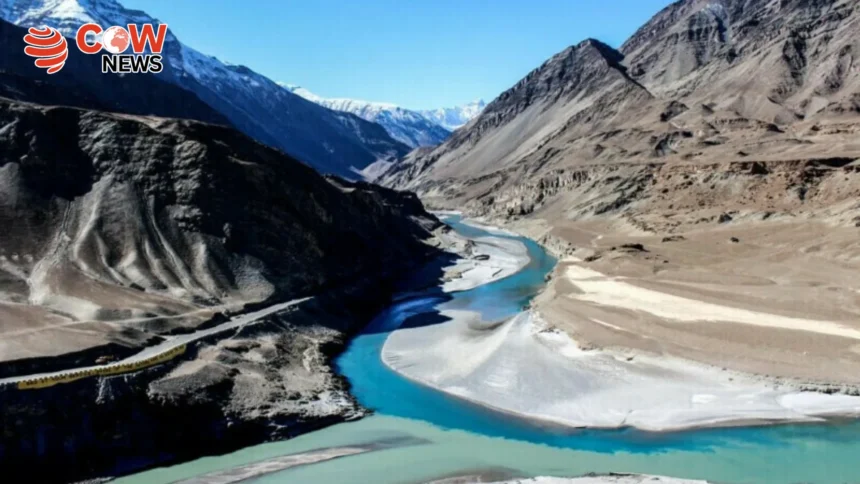Jeddah( The COW News Digital) Pakistan has formally raised the issue of India’s suspension of the Indus Waters Treaty at the 25th session of the Organisation of Islamic Cooperation’s (OIC) Independent Permanent Human Rights Commission (IPHRC) in Jeddah.
During a session focused on the right to water as a fundamental human right, Pakistan’s Permanent Representative to the OIC, Syed Fawad Sher, expressed grave concerns over India’s unilateral actions. He emphasized that India’s decision to suspend its commitments under the Indus Waters Treaty is not only a blatant violation of international agreements but also a serious environmental and humanitarian threat to the South Asian region.
“The suspension of the Indus Waters Treaty by India is deeply alarming, especially for a water-scarce country like Pakistan,” said Fawad Sher. “India’s actions are escalating climate vulnerabilities in the region and jeopardizing the already fragile ecosystem of South Asia.”
He further stressed that access to water is a basic human right and must not be subject to political manipulation. “Weaponizing water is unacceptable under any circumstance,” Sher asserted.
The OIC foreign ministers present at the meeting echoed Pakistan’s concerns and expressed deep worry over India’s stance. Member states reaffirmed their support for Pakistan and emphasized the need for equitable and just distribution of transboundary water resources.
Several delegates at the IPHRC session highlighted that the Indus Waters Treaty, signed in 1960, has long been seen as a model of conflict resolution between two rival nations. They warned that undermining such agreements could lead to regional instability and environmental crises.
Pakistan urged the OIC and the international community to intervene diplomatically and pressurize India to reverse its decision and return to the negotiation table. Islamabad also called for global acknowledgment of water as a non-negotiable human right.
The issue of water scarcity in Pakistan has been intensifying in recent years, and any disruption in the Indus River flow—Pakistan’s primary water source—could result in catastrophic impacts on agriculture, drinking water supply, and food security.
This move by Pakistan to internationalize the matter further isolates India diplomatically and reinforces Islamabad’s call for sustainable and cooperative water governance.







